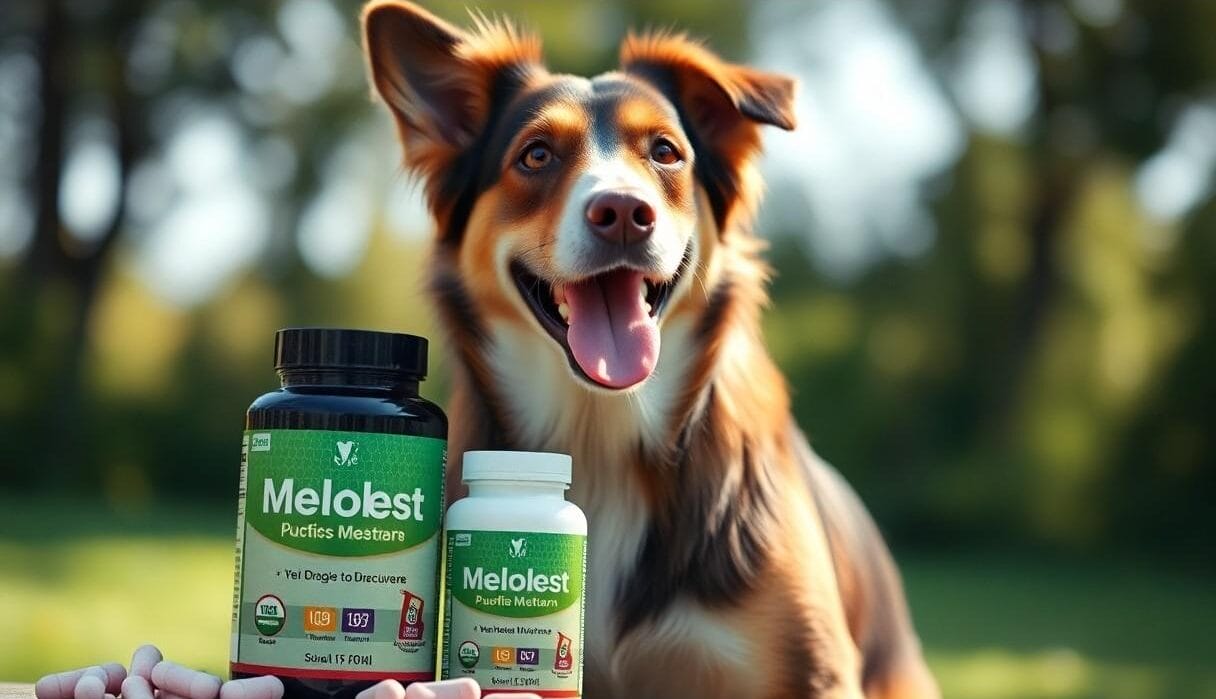
The Role of Probiotics in Dog Gut Health
Many dog owners may not realize the significant impact that probiotics can have on your pet’s gut health. These beneficial bacteria help maintain a balanced microbiome, which is vital for digestion, nutrient absorption, and even your dog’s immune system. A healthy gut can prevent gastrointestinal disorders and contribute to overall










